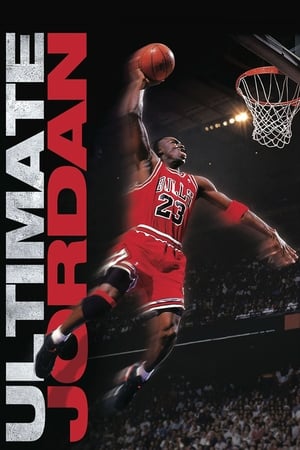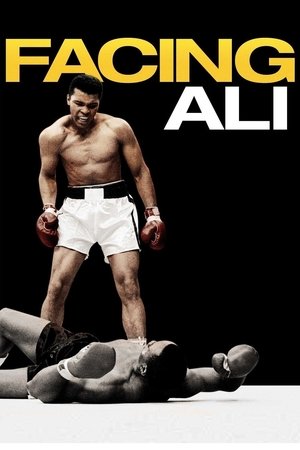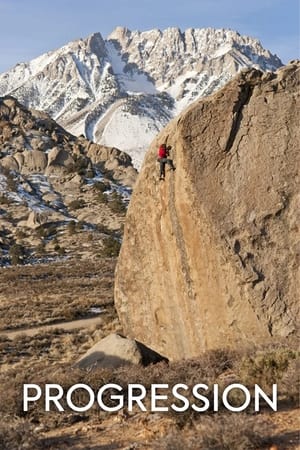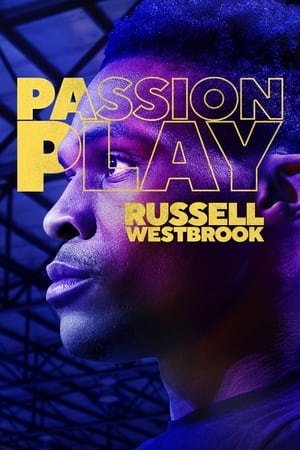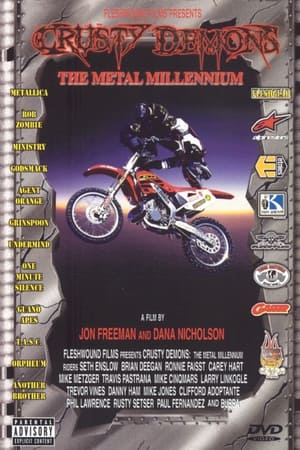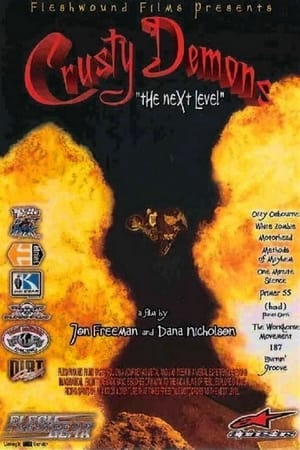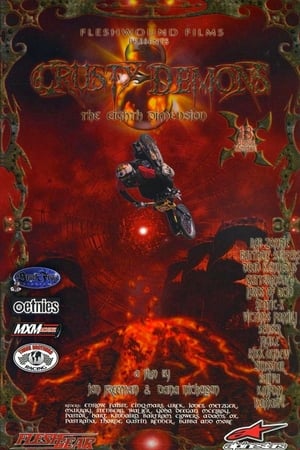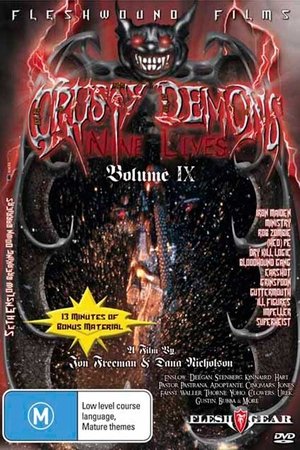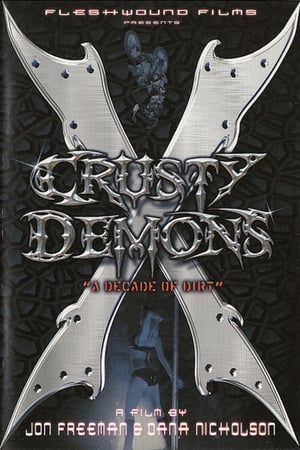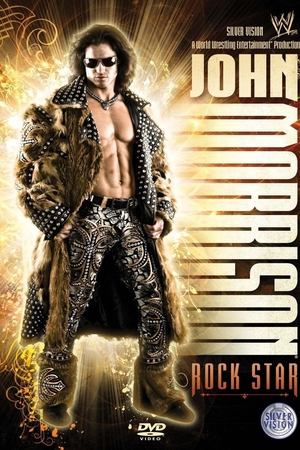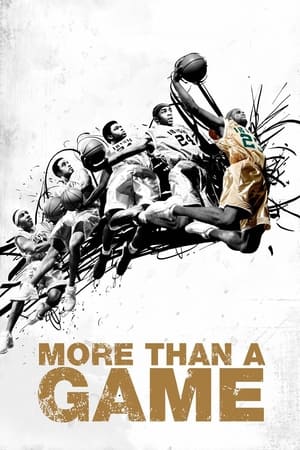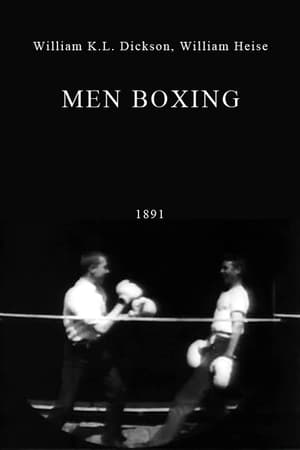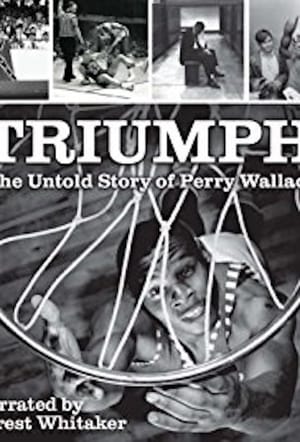Overview
Explores the fantastic highs and unsettling lows of 8-time All-Star and slam dunk champion, Vince Carter, as he looks back on his record-breaking 22-season professional basketball career.
Reviews
Vince Carter: Legacy comes across as the Antonio Salieri of pro basketball, except that while Salieri (the one in the movie, at least) made up for his mediocrity with malevolence, Carter always desperately lacked the killer instinct necessary to succeed in the NBA; as Charles Barkley puts it, “I'll tell you the biggest problem with Vince Carter. He's a nice guy ... [a great player] would slap his momma to get a rebound."
There are of course great players who never won a championship; the film mentions Karl Malone and Patrick Ewing, and I would add, among others, Shawn Kemp, Barkley himself, and even Allen Iverson, who appears in the documentary looking like Martin Lawrence's older brother.
What these players had that Vince Carter didn’t was consistency. It’s true that Carter had an unusually long career, but in his 24 years in the league he played for eight (8) different teams; that is, an average of three seasons per team — by no means long enough to establish a legacy.
It's worth noting that, unlike LeBron James, Carter rarely or never went looking for greener pastures, but was instead traded for other players, suggesting that his own teams didn't see him as someone to build a franchise around (there isn’t, by the way, the slightest mention in this doc of James or Kobe Bryant, the apex predators who dominated the NBA while Carter was content to be a deluxe sixth man).
Another big difference is that Ewing, Malone, Barkley, Kemp and Iverson at least got as close to lifting the Larry O'Brien Trophy as they possibly could. On the other hand, Carter wasn't even a conference champion, or regular-season MVP; his modest individual accomplishments include winning the NBA Slam Dunk Contest, the Twyman-Stokes Trophy for "NBA Teammate of the Year," and the "Sportsman of the NBA" award. These accolades are about as meaningful as an interim UFC championship, and only drive Barkley's point further home.
Having said all of the above, there’s no doubt that Carter considers himself very lucky and successful, and in many ways he is; nevertheless, the documentary gives the impression that everything came to him too easily, like manna from heaven, and this is precisely the bitter irony of which neither Carter nor the filmmakers seem to be aware — there’s no telling how much more he could have achieved if only he’d been more ruthless and cutthroat.
All things considered, Vince Carter's life story is as plain as a plateau, with no peaks to climb or valleys to descend; the highs are pretty much level with the lows, and therefore it fails to generate any interest.
Both triumphs and failures become indistinguishable from each other because Carter did things for the long haul, but never on a large scale. His career and his documentary are pretty good, but you know the joke about how polite Canadians are; if something is terrible, they say it's "pretty good."

 86 min
86 min
 5
5
 2021
2021
 US
US
 tmdb28039023 wrote:
tmdb28039023 wrote: